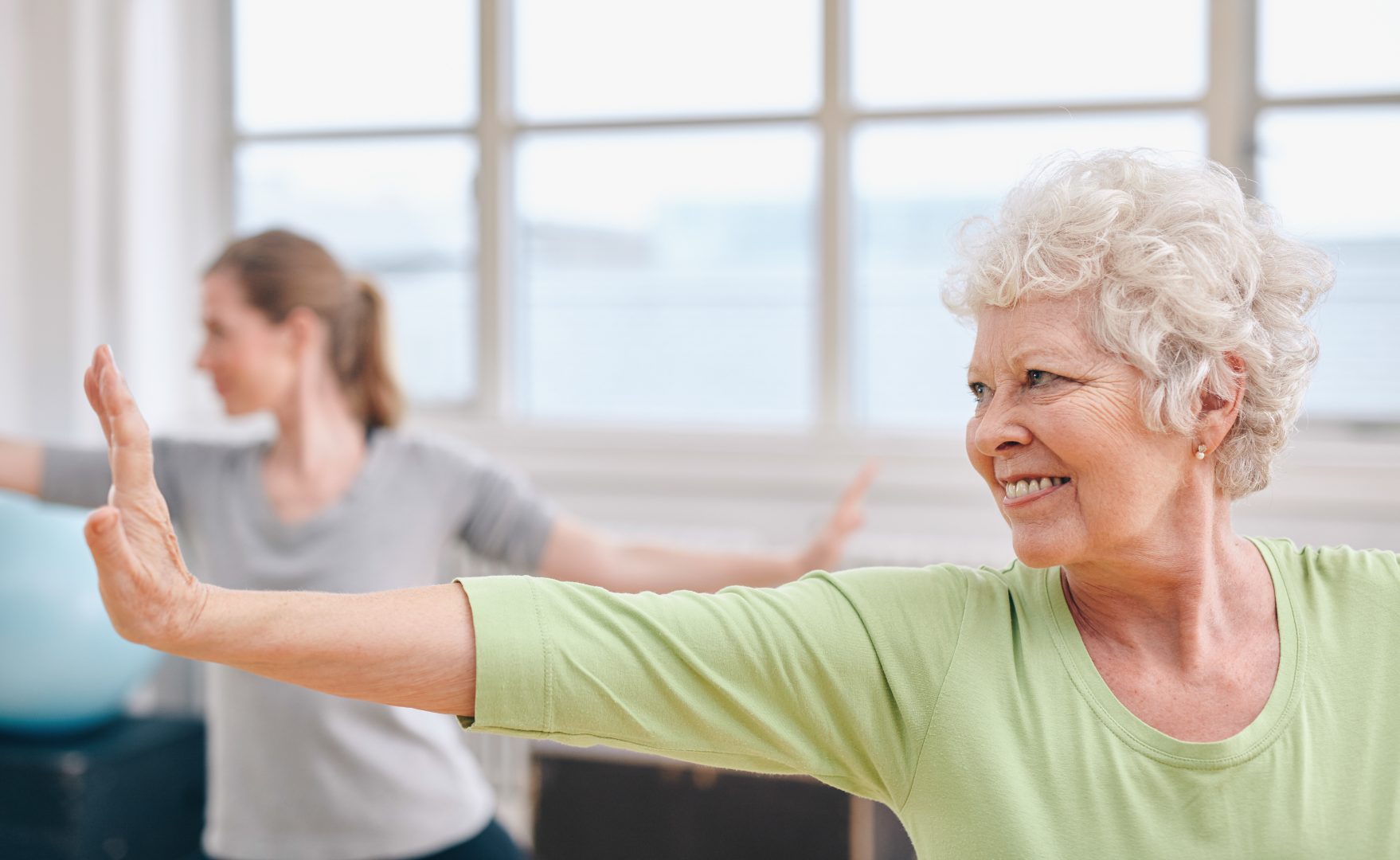Steps Towards Successful Aging
Between 1990 and 2012, the 65 and older community increased from 4.1% of the population to 12.95%. According to the American Journal for Public Health, this number is estimated to continue to grow to 20% of the population by 2030. With the rise in this community, senior citizens are now searching for ways to age successfully. Some of their concerns include physical ailments and illnesses, loneliness, and a decline in mental capabilities. "Successful aging” can be broken down into three categories, including function, health status, and social inclusion. Each of these areas contribute to an individual’s overall well-being.

The phrase well-being is often used to describe the level of comfort, health, and happiness in one’s life. According to the Journal of Aging Research, there are several factors that contribute to our well-being. These include happiness, self-contentment, satisfying social relationships, independence, diet, and exercise. These factors address our physical, mental, and social well-being. Below are three ways to improve your overall well-being.
1. Increase Socialization.
The more we socialize, the more positivity one can find in each day. Those who isolate themselves from others tend to experience more negative feelings. Below are ways to increase your socialization:
- Senior Centers: Most cities and counties will have a senior center. Within these centers, there are many activities that usually involve groups. They may have exercise classes, group games, dancing, daily lunches, etc. Many will also provide transportation for day trips or even weekend trips at a small cost.
- Community clubs: If you live in an older adult community, you might have different clubs available to you within a short distance of your home. Additionally, local libraries could also have a calendar that includes clubs such as a book club, movie day, or arts and crafts.
- Local Theatre: Local movie theaters or performing arts theaters often have senior discounts or matinee pricing. Going to shows or movies could be a way to gather a group of friends and have an enjoyable time.
2. Increase Physical Activity
When physical capabilities are increased, mental health tends to improve because it allows you to keep as much independence as possible. Physical capabilities lead to more success when engaging in daily and recreational activities. Consult with your doctor in order to create an exercise plan that fits your needs. Below are suggestions to increase your physical activity:
- Walking: Walking just 20 minutes a day can have a significant positive impact on physical well-being, as well as mental health. Starting with just 2-3 minutes one way and 2-3 minutes back is a good low-risk way to build up your stamina. You can increase the time by a few minutes until you feel comfortable with the amount of time spent walking. In addition to walking, spending time outside with fresh air and nature will help to improve your mood.
- Exercise classes: Many senior centers and community centers offer free exercise classes with modifications for older adults. Engaging in these classes one to two times a week will increase physical capabilities.
- Diet: Along with physical exercise, diet will impact your well-being. Maintaining a healthy diet that includes fruits, vegetables, protein, and healthy nutrients will positively impact the way you feel. Be sure to consult your doctor in order to create a dietary plan that fits your needs.

3. Be Aware of Your Mental Health.
Promoting positivity tends to improve overall well-being. Engaging in mindfulness activities can help to create a positive, non-judgmental awareness of our mind and body. Below are some examples of mindfulness exercises:
- Guided Imagery: There are many guided imagery videos available on YouTube. These videos take time to bring your awareness to a different place whether it be a forest, beach, mountains, or sunflower field. Taking the time to be present in a different place can help ground you and lead to relaxation.
- Mindful Music: Choose a song that you enjoy listening to. While listening to that song, pick out one instrument to focus on for the entirety of the song. After the song comes to an end, reflect on your thoughts and feelings throughout the exercise. Keep in mind your non-judgmental awareness.
- Deep breathing: Deep breathing exercises can put us in a calm space whether that be when frustrated, faced with a challenge, or feeling down. Click here for a deep breathing exercise example.
- Puzzles: There are many puzzles that can help pass time and keep you occupied. Sudoku, jigsaw, word searches, and crossword puzzles are just a few examples.
- Coloring: Adult coloring books continue to rise for adults of any age. Taking some time to color can lead to a decrease in stress and increase calming feelings.
Achieving Wellness
Socialization, positive mental attitudes, remaining intellectually engaged, and physical activity are all key to an overall positive well-being. Increasing awareness in each of these aspects of life will help decrease levels of anxiety and depression and promote successful aging within the senior population.
For those that need extra support, our Counseling & Wellness Centers offer individual and group therapy to help you with the challenges of life. Call our main number at 844-4-ACENDA (844-422-3632) for more information on our Counseling & Wellness Center and our older adult services.
References:
Anderson, L. A., Goodman, R. A., Holtzman, D., Posner, S. F., & Northridge, M. E. (2012). Aging in the United States: Opportunities and Challenges for Public Health. American Journal of Public Health,102(3), 393-395. doi:10.2105/ajph.2011.300617
Halaweh, H., Dahlin-Ivanoff, S., Svantesson, U., & Willén, C. (2018). Perspectives of Older Adults on Aging Well: A Focus Group Study. Journal of Aging Research,2018, 1-9. doi:10.1155/2018/9858252